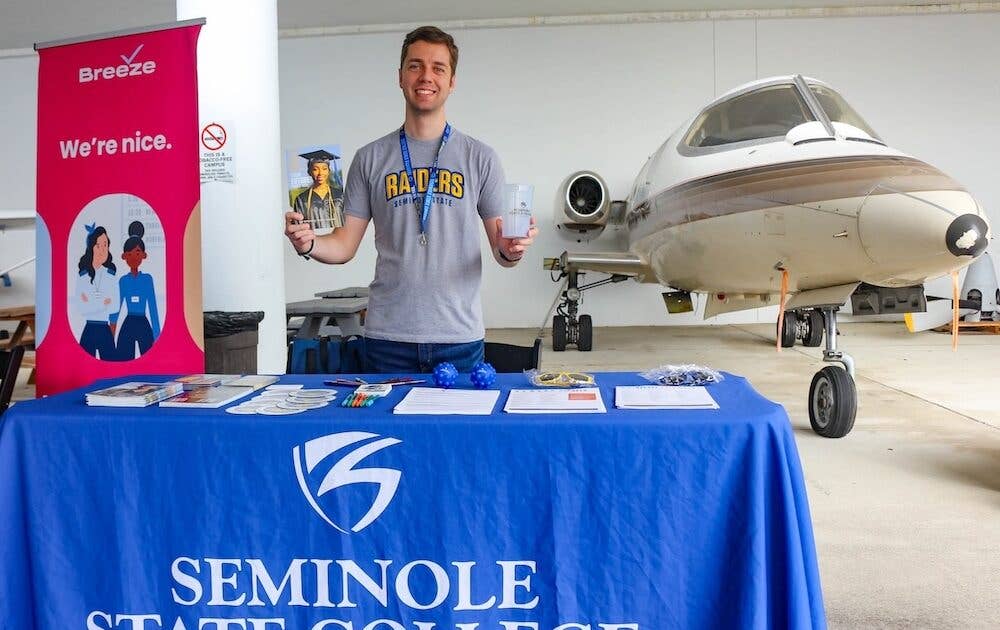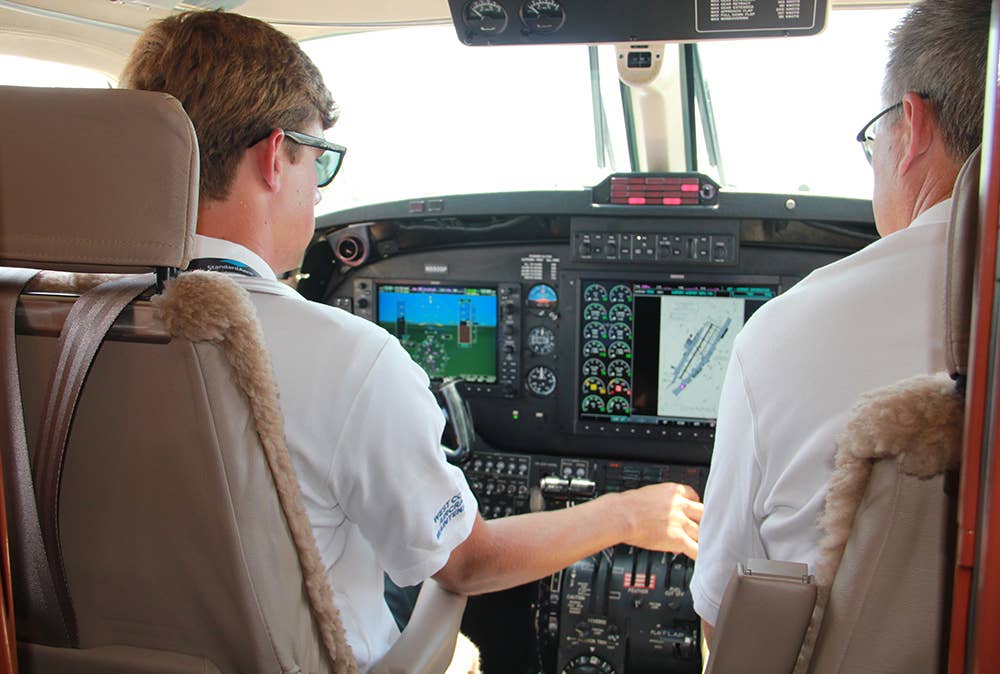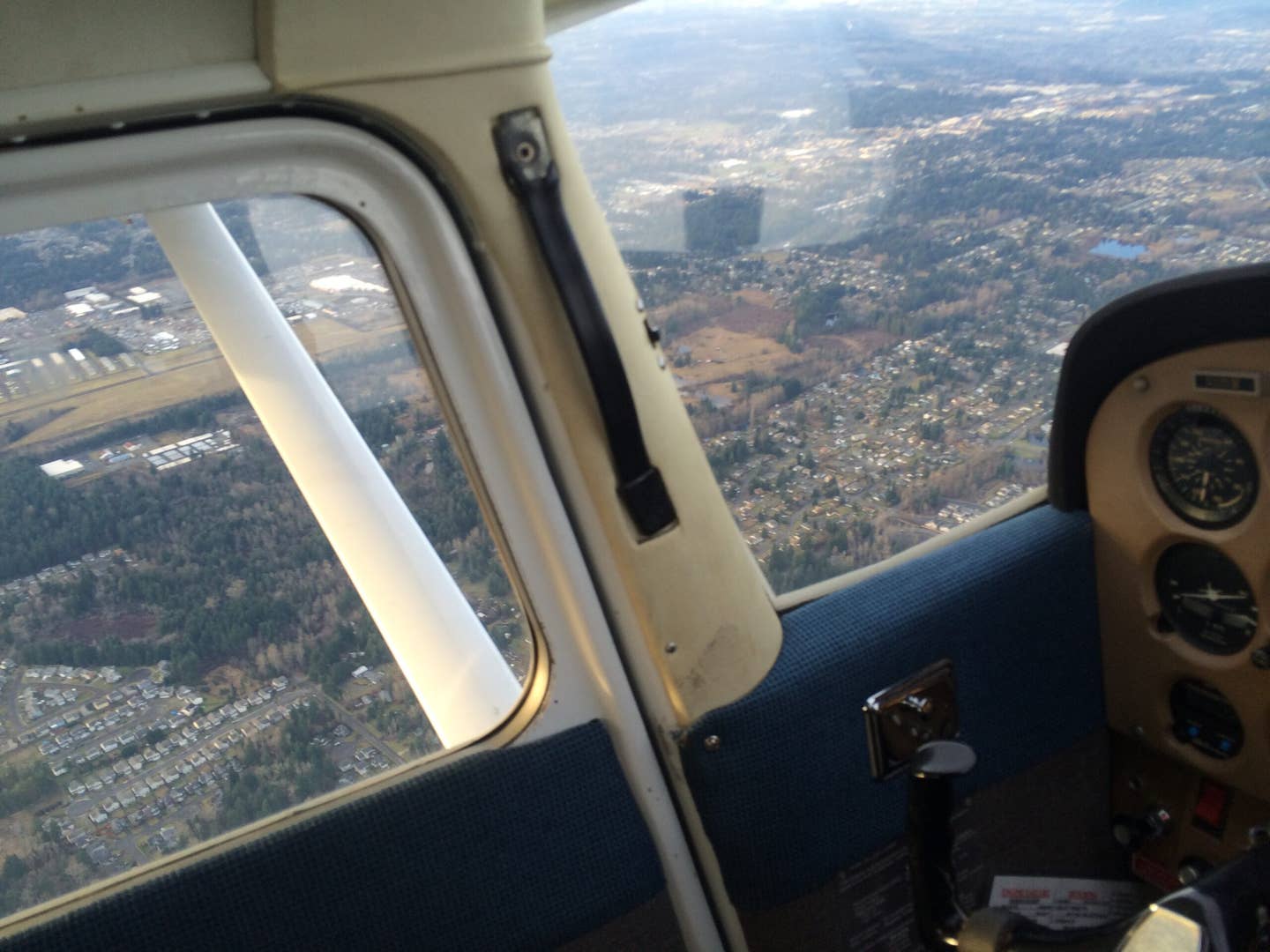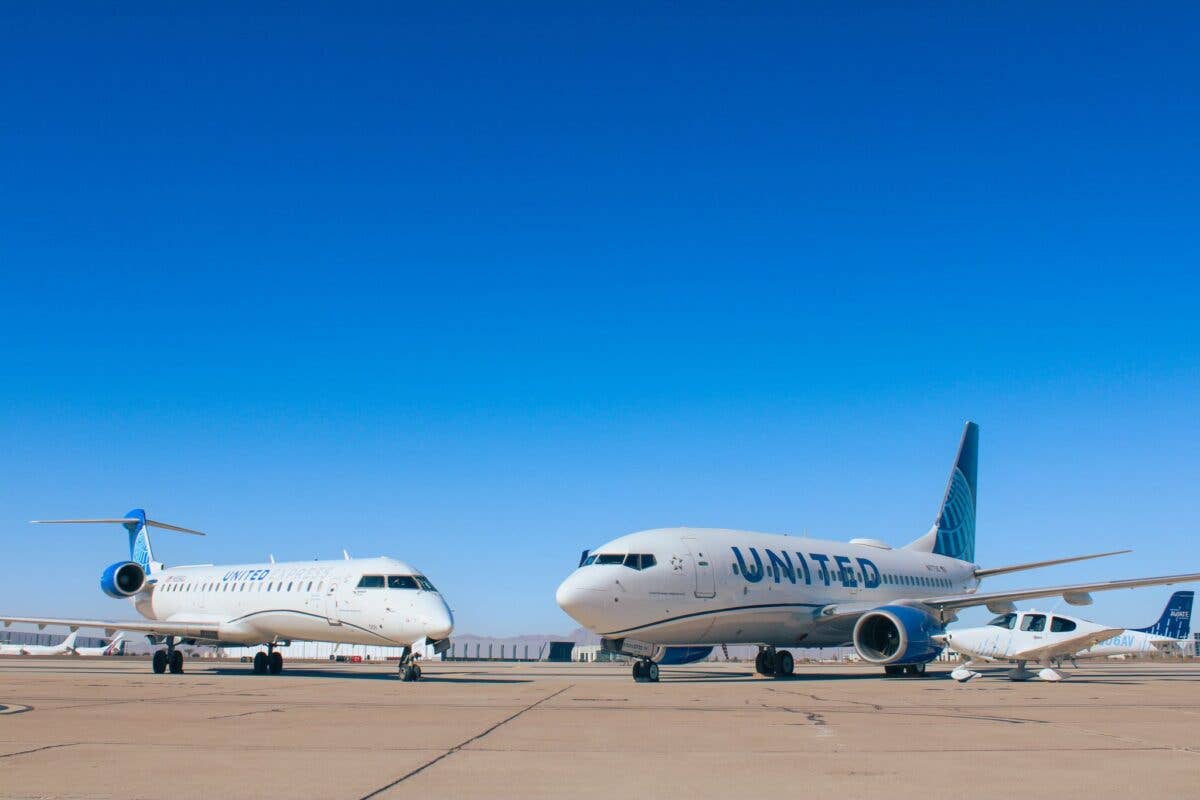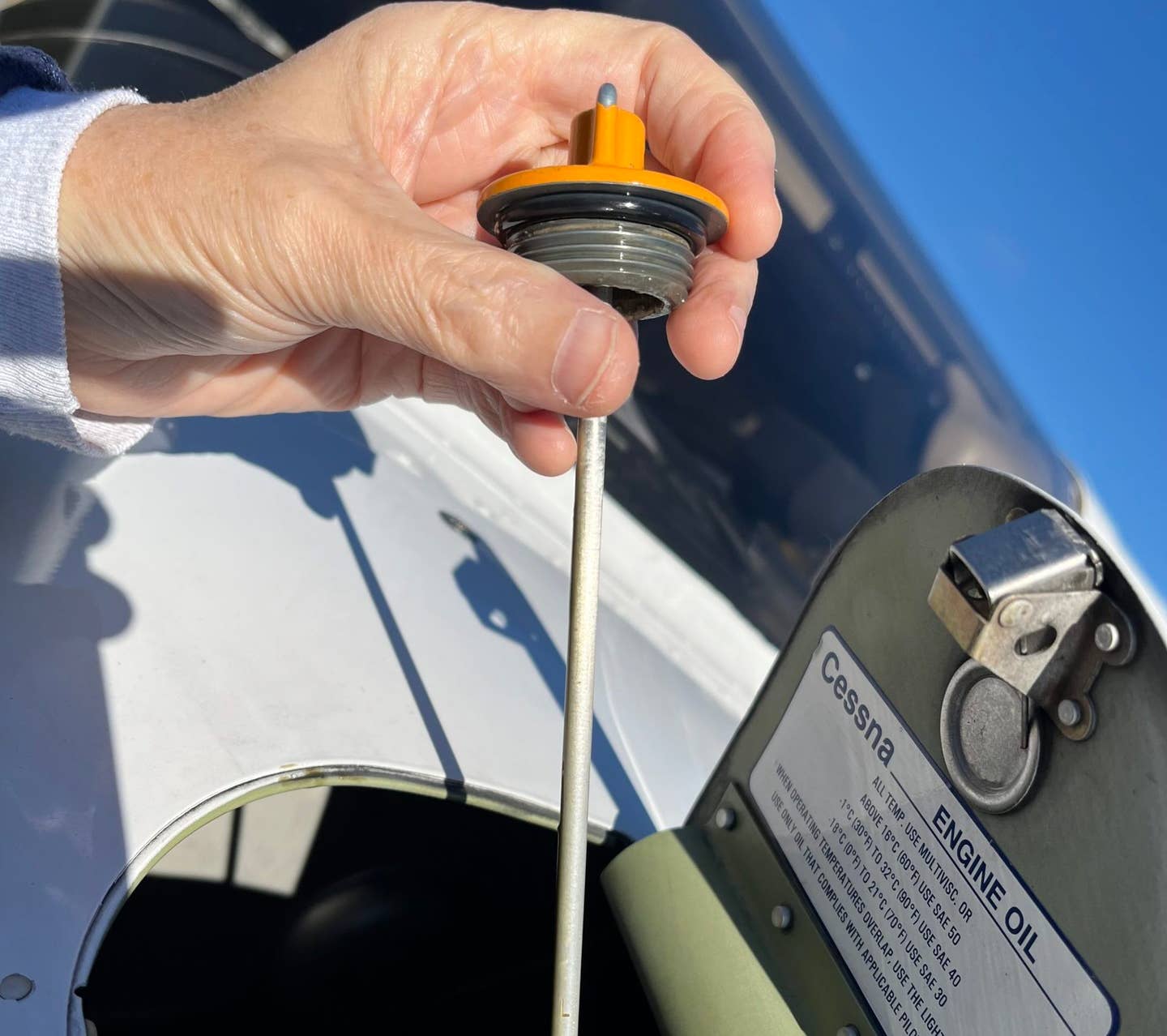Some Industry Workers Pay Quite a Price for the Pandemic
A recent newspaper article stresses the importance of planning and financial literacy.
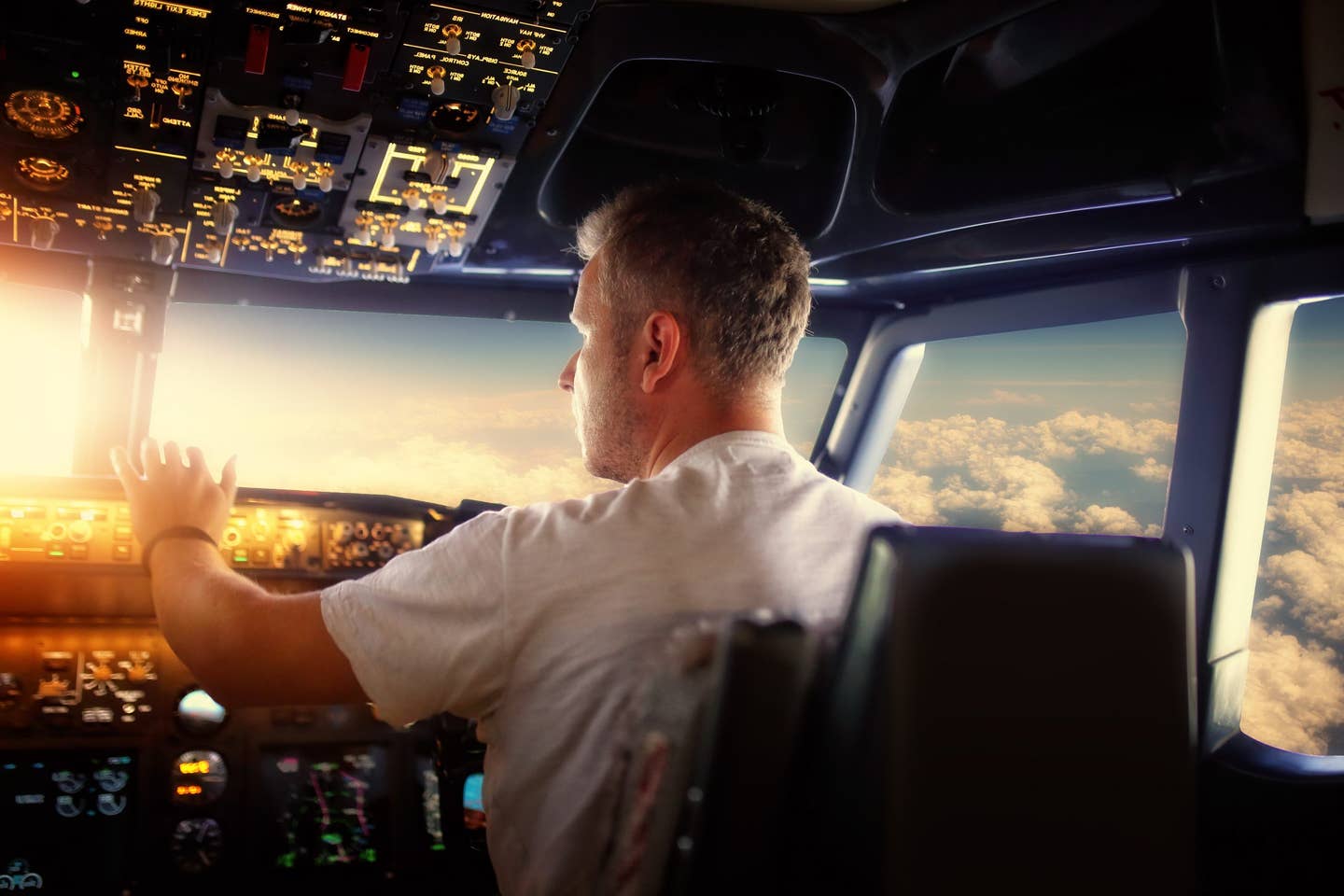
When the pandemic hit in 2020, many airline workers found themselves in a tough situation that required drastic measures. Credit: Adobe Stock
Despite turmoil from the omicron variant, the COVID-19 pandemic is over for the aviation industry. No, international and business travel haven’t yet reached 2019 levels. However, as someone who spends a lot of time in airports around the country, I can tell you that business is booming.
In the airlines, passenger demand far out-strips seat supply. As long as companies are charging fares high enough to make money, they are, in fact, profitable. It will take time for some companies to pay off the massive loans they took out to survive the pandemic, but in a few years this pandemic will be remembered as nothing more than a few moments of light chop.
In short, the airlines got off easy.
Long-Term Damage
Yes, I realize it’s bold to casually write off multibillion-dollar losses. And yet, there are people for whom the long-term financial consequences of this pandemic are only just becoming evident. The Atlanta Journal-Constitution recently reported that Delta airlines employees took $1 billion in early withdrawals from their 401(k) plans last year. For these individual American families, this is devastating.
- READ MORE: High Finances: Why So Many Cancellations?
We haven’t discussed it here yet, but a 401(k) plan is like an employer-sponsored IRA. While the contribution limits for an IRA are just $6,000, it’s possible to protect up to $58,000 per year from taxes in a 401(k) plan.
Since this account holds retirement savings, the IRS penalizes early withdrawals. This 10 percent penalty means those Delta employees potentially lost $100 million of their retirement savings to penalties last year. They also had to pay income tax on any money taken from a traditional 401(k) account. It’s likely that the government took upwards of 40 percent of the money these working families withdrew.
Those taxes and penalties are a staggering amount of money, but the real damage is evident when we look to the future. That money no longer earns interest for these people. If it was accruing interest, the $100 million in penalties would grow to more than $200 million in retirement savings over the next decade. If we account for the full $1 billion these workers spent just to make ends meet, the loss a decade from now is more than $2 billion.
And it gets worse.
If these people had been able to leave their money in their 401(k) accounts for 20 years, their funds would have been likely to nearly quadruple to $3.98 billion, because the faster you go the faster you go.
The airlines will recover from the pandemic in no time. It’s likely their workers will never make up for their lost retirement savings.
There Were Better Ways
For me, the worst part of this whole situation is these families didn’t need to just cash in their savings and take penalties. They had better options that they may not have realized:
- They could have taken a loan from their 401(k) instead of making a penalty-invoking early withdrawal. The IRS allows a 401(k) account holder to loan themselves the lesser of $50,000 or 50 percent of the account’s value. The holder has to eventually pay themself back, with some interest. While that repayment isn’t likely to be as lucrative as if the money had remained invested in a low-fee total stock market index fund, it’s a lot better than wasting nearly half of your money on taxes and fees!
- During the COVID pandemic, the CARES act made special allowances for hardship withdrawals from 401(k) accounts. The IRS allowed individuals to do a loan or withdrawal up to $100,000 without penalties.
- Another option would have been an early withdrawal from a Roth IRA. An IRA owner can withdraw the amount of principle that has been invested in the account for at least five years. This isn’t a loan and they aren’t allowed to pay themselves back. However, it’s also a lot better than paying taxes and penalties. This is why I say every pilot should be contributing as much as possible to a Roth IRA every year.
The Best Option
While 401(k) loans or Roth IRA gymnastics could have helped reduce penalties, there was one even better option. These families could have saved up an emergency fund before the pandemic started.
“It’s likely that the government took upwards of 40 percent of the money these working families withdrew.”
It would be ridiculous for me to just throw that out as an armchair quarterback. I’m sure these families did everything they could to cut costs and use reserves before tapping into retirement accounts. The circumstances were likely beyond their control. Thankfully, the CARES act also provided extra unemployment support. Most airlines are so busy (and unsurprisingly short-staffed) right now that their workers can likely return to work.
Instead, let’s treat this like an aviation safety investigation. We’ll look at what went wrong, without judgement, in hopes of doing better in the future.
The Emergency Fund
It’s critical that every single person work hard to build up an emergency fund. If you’re just starting your career this will be tough. Don’t make it a race, but you should try to put as much money away as you can in case of emergency.
At first, your goal should be to save up enough money to cover one month of your expenses. That includes rent, transportation, utilities, food, bills, and any other spending. This money sits, untouched, in an accessible account until you experience a true emergency.
Once you reach this goal, you should try to increase your emergency fund to cover several months of spending.
Some experts advise having as a year or more of expenses put away. I think this is a good idea, though I believe there are ways to structure this as an investment so this money can earn interest while still remaining accessible.
Basic Financial Education
Some readers have asked why I’ve spent so many weeks in this column covering financial basics that seem only tangentially related to flying. This is the perfect example.
Our world desperately needs better financial education wherever we can sneak it in. Everything from our tax structure, to advertising, to social media, to pop culture urges us to spend every dollar we earn without any thought to the future. That’s bad advice, and I believe you deserve better.
I’d like to think aviation enthusiasts are better educated than average, but sad experience has shown me that we’re not. If anything, our passion for flying causes us to spend even more money than the average pedestrian.
A lack of financial education may have cost Delta employees more than $4 billion in lifetime earnings. That’s tragic, and I’m on a quest to do better for everyone.

Sign-up for newsletters & special offers!
Get the latest FLYING stories & special offers delivered directly to your inbox

